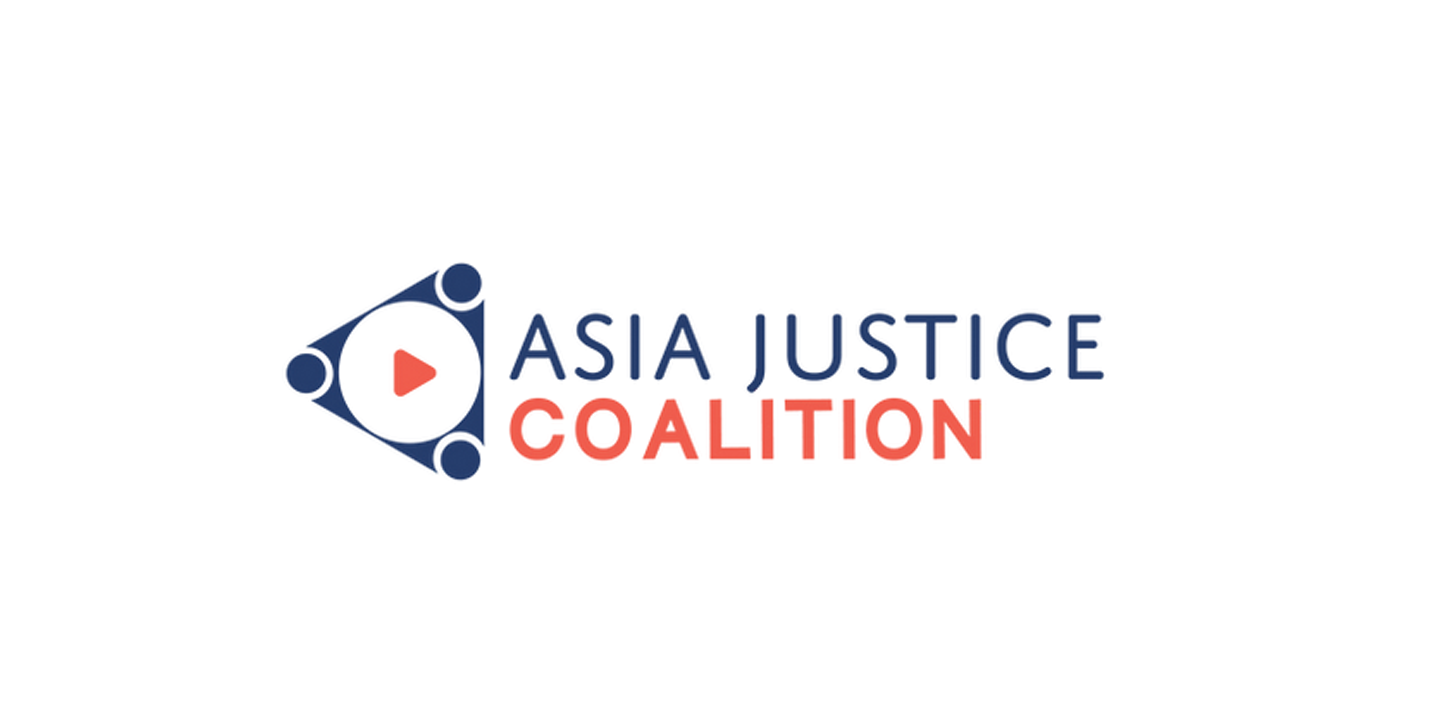

The Gambia v. Myanmar: Hearings on preliminary objections at the ICJ
The Asia Justice Coalition is a network of organizations whose purpose is to promote justice and accountability for gross violations of international human rights law and serious violations of international humanitarian law in Asia, and to contribute to the fulfillment of the rights of victims and their families.
From 21 – 28 February 2022, the International Court of Justice (ICJ) heard preliminary objections raised by Myanmar and the rebuttal by The Gambia in the case concerning the Application of the Convention of the Prevention and Punishment of the Crime of Genocide (The Gambia v. Myanmar).
In November 2019, The Gambia initiated proceedings against Myanmar based on the Genocide Convention, invoking state responsibility for Myanmar’s self-described “clearance operations” of 2016 and 2017 against the Rohingya, an ethnic Muslim minority in Myanmar. In January 2020, the Court issued a provisional measures order pursuant to Article 41 of the ICJ Statute ordering Myanmar to: prevent the commission of genocidal acts; to ensure its military, police, or any other irregular force supported or directed by it or under its control not commit genocidal acts; to preserve all evidence of genocidal acts, and to submit a status report every six months until a final judgment by the Court. The February 2022 hearings were held to consider Myanmar’s objections to the jurisdiction of the ICJ and the admissibility of the case filed in January 2021.
The four objections raised by the Myanmar junta were identical to those argued at the 2019 provisional measures hearings. The first objection argues that The Gambia is acting as a proxy for the Organisation of Islamic Cooperation (OIC). The second objection challenges The Gambia’s standing before the Court to bring the case as it is a ‘non-injured’ state. Third, it is argued that Myanmar’s reservation to Article VIII of the Genocide Convention restricts seising of the Court and lastly, that no dispute existed between The Gambia and Myanmar at the time of the institution of the proceedings. The Court rejected Myanmar’s four contentions prima facie in the 2020 provisional measures order.
Since the 2021 coup in Myanmar and the assumption of authority by the ‘State Administration Council’, the military has committed grave human rights violations as a part of a widespread and systematic attack against people across the country, amounting to crimes against humanity. Atrocities against Rohingya persist, and military rule since the coup has increased their vulnerability. The same generals who oversaw the commission of mass atrocities against Rohingya in 2017 are now leading the brutal military regime – putting at further risk Myanmar’s adherence to the ICJ’s legally binding provisional measures order.
Many human rights defenders and Asia Justice Coalition members have welcomed progress in the case at the ICJ despite their concerns regarding the military representing Myanmar at the ICJ. The case provides an opportunity to see the junta respond to allegations of genocide before an international legal forum and to fight against entrenched impunity in Myanmar.
The proceedings before the ICJ are a significant means to hold Myanmar accountable for the mass atrocities against the Rohingya. Achieving justice for Rohingya and all groups suffering under Myanmar’s military is necessary to break the deeply entrenched pattern of impunity in Myanmar and end the accompanying risk of resurgence of atrocity crimes. Limited action by the international community, including the failure of the United Nations Security Council to pass a resolution imposing a global arms embargo and referring the situation in Myanmar to the International Criminal Court has further emboldened Myanmar’s military making the ICJ proceedings especially important.
The Rohingya remaining in Rakhine State face severe restrictions including on movement, access to humanitarian assistance, and access to adequate food, education, and livelihood, contravening the provisional measures order of the ICJ. The military’s ongoing nationwide attack on civilians in Myanmar is employing similar tactics to those used against the Rohingya in 2016-2017. In the absence of domestic accountability, the case before the ICJ offers hope to the Rohingya in their efforts to hold the military junta accountable for the crime of genocide. If the case proceeds to the merits stage, the Court will decide whether Myanmar committed, failed to prevent, and failed to punish the international crime of genocide against the Rohingya. The ICJ hearings once again reflect the urgent need to give a platform to Rohingya to share their vision and voice.
The Asia Justice Coalition emphasizes the need for all avenues for justice and accountability to be pursued, in order to address serious violations of international law. The Asia Justice Coalition also reiterates its call for Myanmar to fully comply with the ICJ’s 2020 provisional measures order.
Related Content


Atrocity Alert No. 402: Ukraine, Myanmar (Burma) and Nigeria
